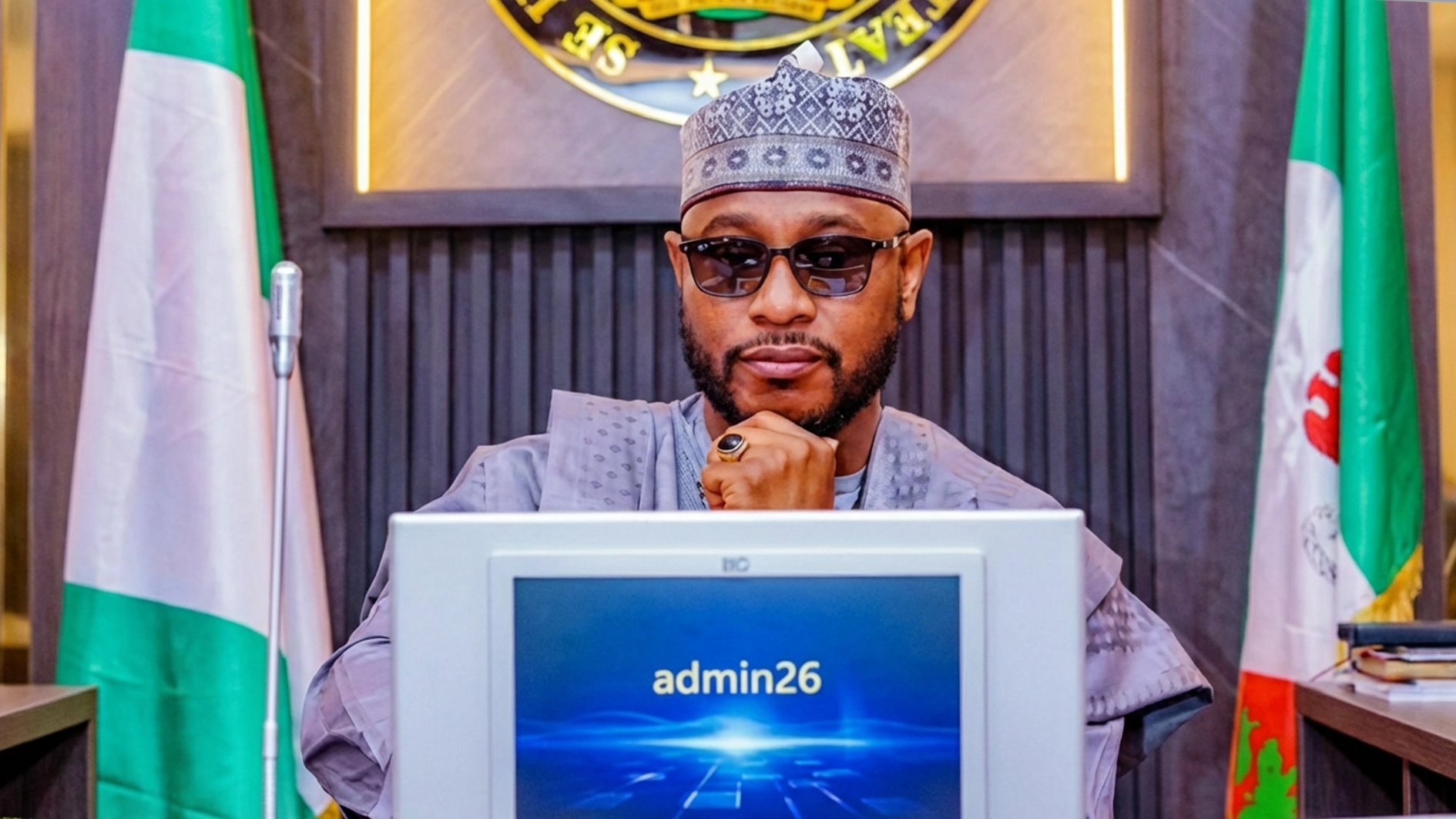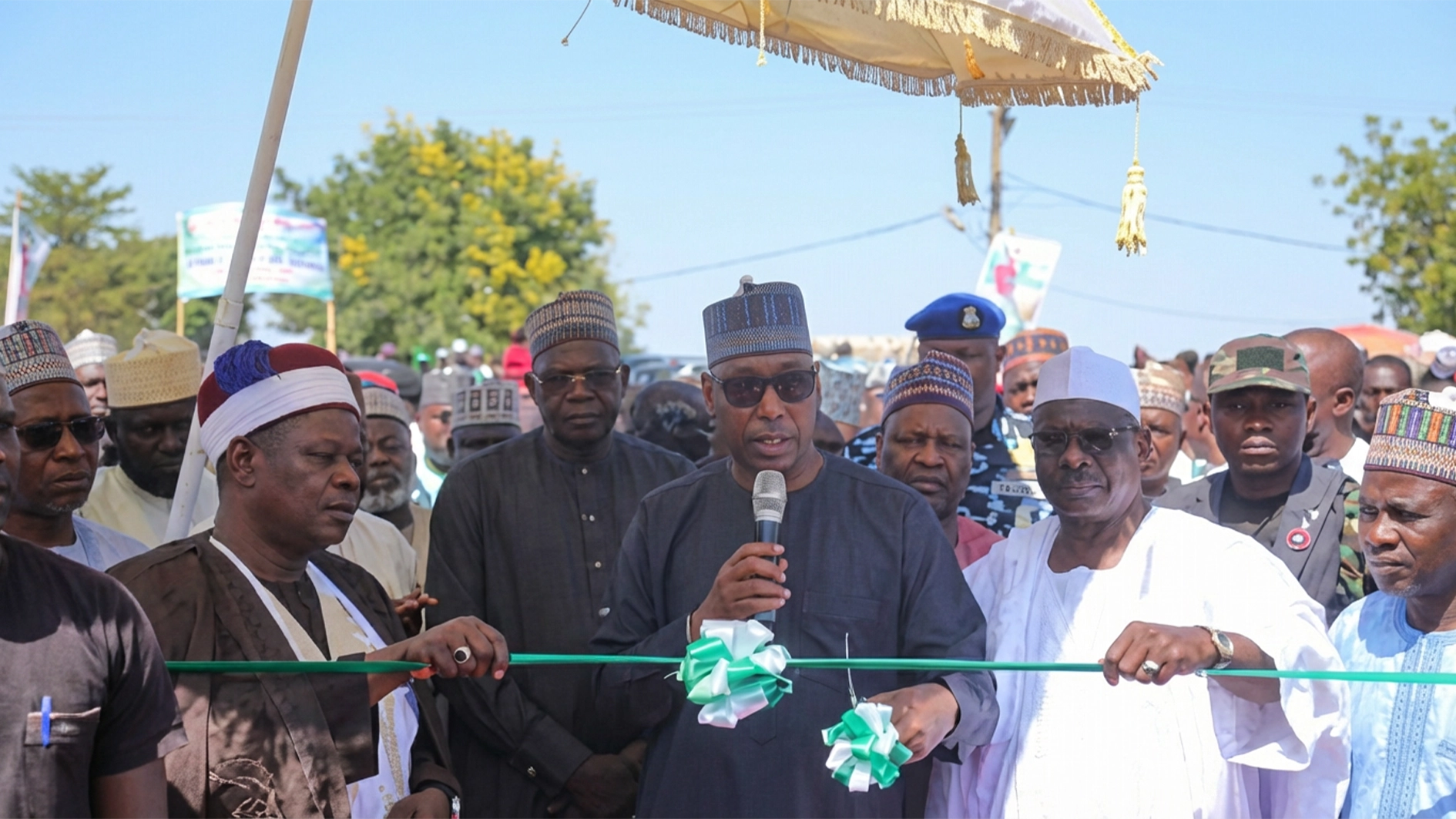Stakeholders have called for stronger investments in education, inclusive technology design, and online safety to empower girls to lead and thrive in a rapidly changing digital world.
They made the call at The Girls Summit 2025, themed “Shaping Tomorrow: Girls’ Leadership and Digital Power”, organised by Hacey Health Initiative in partnership with Wema Bank.
Principal Consultant, Adaba Initiatives, Fabia Ogunmekan, described technology as an enabler that can bridge gender gaps when supported by strategic partnerships.
She noted that opportunities exist for telecommunications firms to collaborate with banks to co-create affordable digital plans for students.
According to her, the high cost of access remains a challenge, underscoring the need for models that make technology more available to young girls. On online safety, Ogunmekan stressed the shared responsibility of parents and schools, describing them as the first line of protection.
She called for embedding safety education within school curricula and urged tech companies and telecommunications operators to raise awareness about regulating access to online content.“Both boys and girls must be educated on the safe use of the internet,” she said.
Executive Director, Project Enable Africa, Imisioluwa Owonikoko, said bridging the digital gap requires intentional design and inclusive delivery from the outset. “It should not come from a charity model or as an add-on. Projects must be designed with inclusion in mind so that delivery can be optimised for everyone,” he said.
Owonikoko added that girls with disabilities often face higher costs in accessing opportunities, making it essential to bring innovations closer to them. He noted that many gaps still exist in designing products and policies that prioritise inclusion.
Divisional Head, Retail and SME, Wema Bank, Ayodele Olojede, highlighted the importance of digital literacy in empowering girls economically. She said that resilience in technology must reflect in how digital products are designed, urging young girls to commit to continuous learning, networking, and self-development.
“Digital literacy is not an end in itself but a means to becoming financially empowered. As the future of work evolves, girls must focus on positive learning, build courage, and embrace opportunities to grow,” she said.
Executive Director, Hacey Health Initiative, Robinson, called for increased investment in education to ensure girls have access to Science, Technology, Engineering and Mathematics (STEM) tools and equipment. She emphasised the importance of policies that support learning and create safe, enabling environments for girls to attend school.
“We must ensure menstrual hygiene policies in schools are properly implemented and that communities prioritise the safety of girls. When girls go to school, they should be protected from harassment and feel safe on their way to and from school,” she said.
Group Managing Director, TVC Communications, Victoria Ajayi, urged girls to be courageous, innovative, and intentional about using technology for problem-solving.
“It’s not about age; it’s about courage. When you see a problem, become curious about it and use technology and creativity to solve it,” she stated.
Ajayi advised parents to nurture curiosity in their daughters, while encouraging teachers to create classrooms that are safe for girls to share ideas freely. She also called on the government to invest in initiatives that promote girls’ education and digital empowerment.
During the summit, students with exceptional results at an already concluded creative competition were awarded. They included: first position, Nusaybah Abdulhake, who received a laptop and cash prize; Khadija Alhassan, who came second and received a cash prize; and Oreoluwa Ogunsola, who came third and also received a cash prize.






